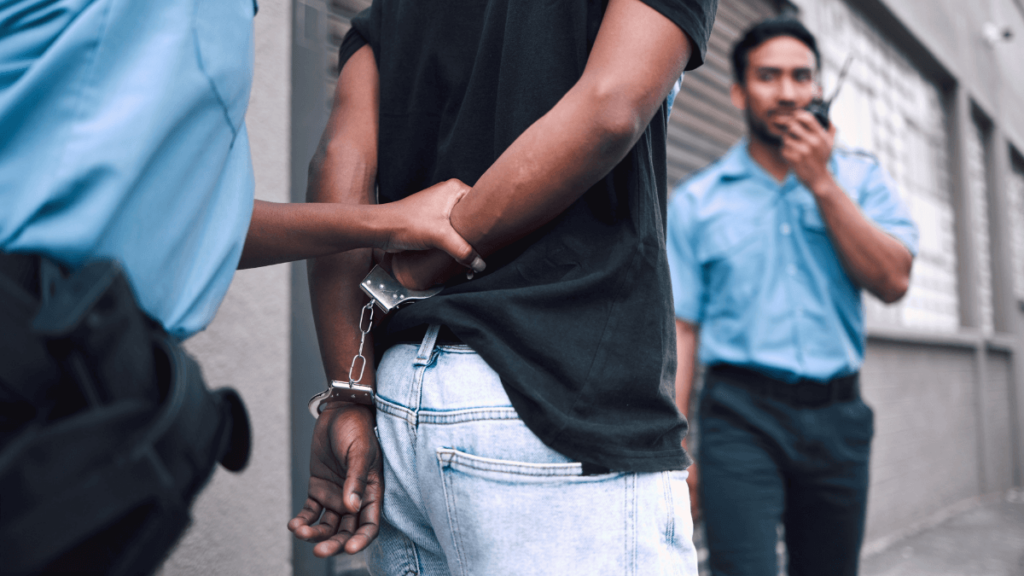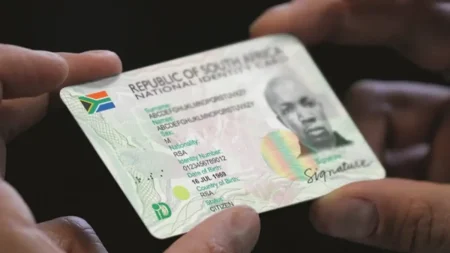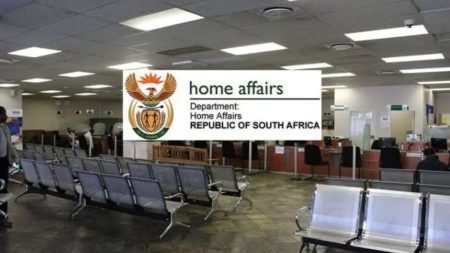Abuse and neglect affect many vulnerable people in South Africa, including women, children, and the elderly. When someone experiences abuse, whether physical, emotional, or sexual, immediate help and protection are critical. The South African Police Service (SAPS) plays an essential role in offering support to victims, ensuring their safety, and helping them access the necessary medical, legal, and emotional assistance.
Immediate Help: Medical Attention and Safe Shelter
When abuse or neglect is reported, one of the first priorities of the police is to make sure the victim receives urgent medical care. This could involve visiting a clinic or hospital for treatment of injuries or other health concerns resulting from the abuse. In some cases, victims need a safe place to stay away from their abuser. SAPS works closely with shelters and organizations that provide temporary accommodation to protect victims from further harm.
Having access to medical care and shelter is the first step in helping victims feel safe and begin the healing process. These services are often life-saving and prevent abuse from continuing or worsening.
Victim Counselling: Healing Emotional Wounds
Abuse leaves deep emotional scars, and victims often need support to overcome trauma. Police Service and affiliated organizations provide counselling services to help victims cope with the emotional impact of abuse. Counselling sessions give victims a safe space to talk about their experiences, express their feelings, and learn ways to manage stress and anxiety.
Counselling is important not just for victims, but also for their families. Support groups and therapy can help rebuild relationships and strengthen the victim’s support system.
Legal Assistance and Protection from Further Harm
The police have the responsibility to investigate cases of abuse and neglect thoroughly. When evidence supports it, they lay charges against perpetrators to ensure justice is served. Victims are informed about their legal rights and the options available to protect themselves, such as applying for restraining orders or peace bonds that legally prevent abusers from contacting or approaching them.
SAPS also guides victims through the often intimidating process of prosecution, helping them understand court procedures and what to expect. Police officers work alongside prosecutors and the justice system to ensure that cases are handled with care and urgency.
Specialized Units: Focused Support for Vulnerable Victims
Recognizing the sensitive nature of abuse cases, especially those involving children and sexual assault, SAPS has established specialized units like the Special Victims Units. These units consist of trained officers who conduct detailed investigations and work closely with child protection agencies and community partners. Their expertise ensures that victims receive the best possible care and that cases are managed with professionalism and sensitivity.
One-Stop Care Centres: Thuthuzela Care Centres
To reduce the trauma victims face when reporting rape and sexual assault, South Africa has developed Thuthuzela Care Centres. These centres provide integrated services, meaning victims can access medical care, counselling, and legal assistance all in one location. This approach reduces the number of times victims have to retell their traumatic experiences and helps speed up investigations and prosecutions.
Thuthuzela Care Centres have been praised for their effectiveness in supporting victims and increasing conviction rates in rape cases.
Helplines and Emergency Contacts
In emergencies, victims can dial the SAPS emergency number 10111 for immediate police assistance. Beyond this, South Africa has many helplines dedicated to different forms of abuse, including gender-based violence, elder abuse, and human trafficking. These helplines provide confidential advice, emotional support, and referrals to appropriate services.
Partner Organizations: Strengthening the Network of Care
Police services are just one part of a broader network of support for victims of abuse and neglect. Several non-governmental organizations (NGOs) complement police efforts by offering specialised counselling, temporary shelter, legal aid, and educational programmes.
Some of these organizations include:
People Opposed to Woman Abuse (Powa): Provides support and advocacy for women experiencing abuse.
Childline South Africa: Offers child protection services and counselling for abused children.
Child Welfare South Africa: Focuses on child protection and welfare.
Families South Africa (Famsa): Supports families through counselling and educational programmes.
TEARS Foundation: Offers trauma counselling for victims of violence.
The Trauma Centre: Provides psychological support for victims of trauma and abuse.
These organizations work hand-in-hand with SAPS to ensure victims receive holistic care that addresses all aspects of abuse—from physical safety to emotional recovery and legal justice.
Check also: What Police Stations Can Help You With Besides Crime Reporting
Police services in South Africa play a vital role in protecting victims of abuse and neglect. From immediate medical attention and safe shelter to counselling, legal assistance, and specialized investigations, SAPS strives to ensure victims are supported throughout their recovery journey. Collaborations with NGOs and the establishment of one-stop centres like Thuthuzela Care Centres strengthen this support system, making it easier for victims to get the help they need without facing additional trauma.
If you or someone you know is experiencing abuse, remember that help is available. Contact South African Police Services on 10111 or reach out to support organizations in your community. Safety and justice are your rights.










